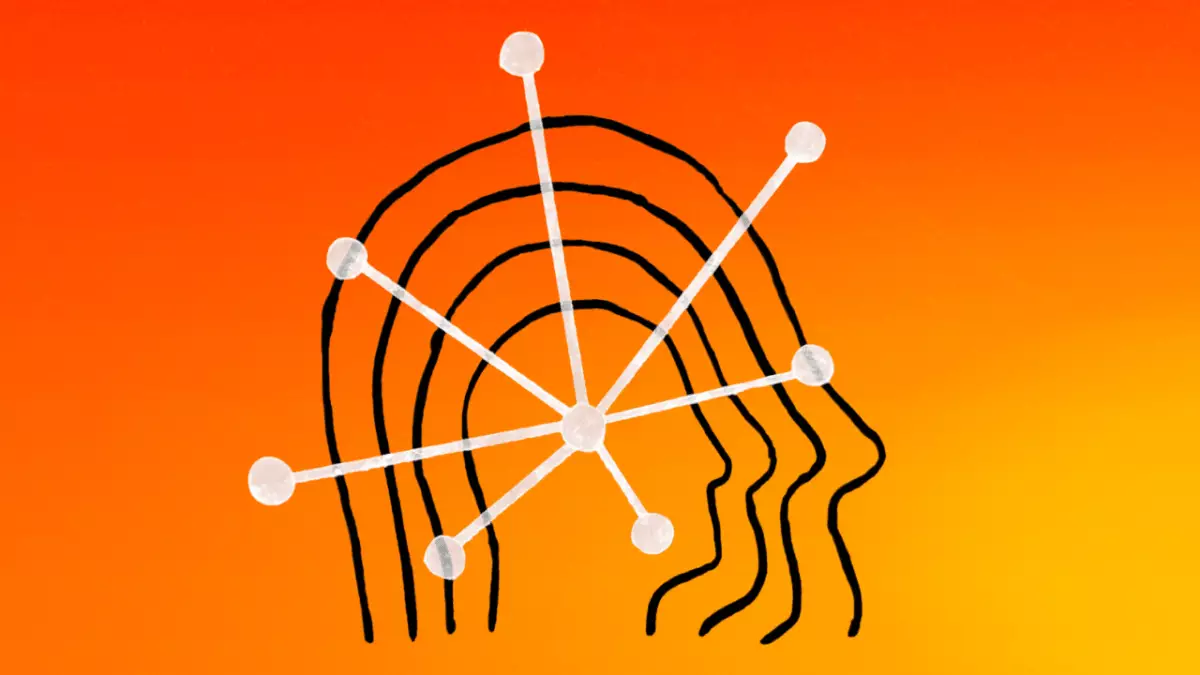On Thursday, Anthropic unveiled a significant partnership with Palantir Technologies and Amazon Web Services (AWS) aimed at providing advanced artificial intelligence (AI) capabilities to U.S. defense and intelligence sectors. This collaboration underscores a growing trend among AI firms actively seeking to establish connections with defense agencies, driven both by strategic imperatives and potential financial gains. The latest moves are part of a broader push within the industry to integrate AI into governmental frameworks, enhancing operational efficiency across various departments.
The partnership focuses on the integration of Anthropic’s Claude family of AI models within Palantir’s platform, specifically utilizing AWS to enhance storage and processing capabilities. Claude has already been made available in Palantir’s defense-accredited environment known as Impact Level 6, emphasizing the importance of security and reliability when handling classified information. As Kate Earle Jensen, Anthropic’s head of sales, articulated, the deployment of Claude is expected to revolutionize the ways in which intelligence agencies process vast volumes of complex data. This transformation could dramatically enhance decision-making capabilities for defense officials and streamline resource-intensive analytical tasks.
The interest in applying AI technology within government operations is increasingly evident. A March 2024 report from the Brookings Institution noted an extraordinary 1,200% increase in AI-related government contracts. Despite this surge, some branches, particularly the U.S. military, have been slow to adopt AI solutions comprehensively, casting doubt on their return on investment (ROI). These concerns highlight the necessity for a balanced approach to technology integration, one that prioritizes efficacy while addressing financial considerations.
Anthropic has distinguished itself as a more safety-focused alternative in the AI landscape, aligning closely with ethical guidelines and national security protocols. The company’s terms of service permit the use of its AI for activities such as legally sanctioned foreign intelligence analysis and preemptive warnings regarding potential military engagements. However, these capabilities raise complex ethical questions regarding the implications of AI in warfare and intelligence work. Critics may argue that while AI can enhance efficiency, it also poses risks if mismanaged or used irresponsibly.
The road to integrating AI within U.S. defense departments will likely require overcoming a mixture of institutional skepticism and regulatory hurdles. Despite the heightened interest, many defense agencies remain cautious about the implementation of AI technologies, often questioning their practical utility and overall impact. Collaborative efforts like the one between Anthropic, Palantir, and AWS may serve as a critical case study for demonstrating the potential benefits of AI in defense, paving the way for more widespread adoption and perhaps encouraging a reevaluation of current technological reluctance.
Anthropic’s partnership showcases a pivotal moment in the evolving landscape of AI application in national security. How a traditional sector like defense adapts to revolutionary technological potentials remains to be seen, yet this alliance undoubtedly marks a significant step toward the operationalization of advanced AI models in critical governmental functions.

